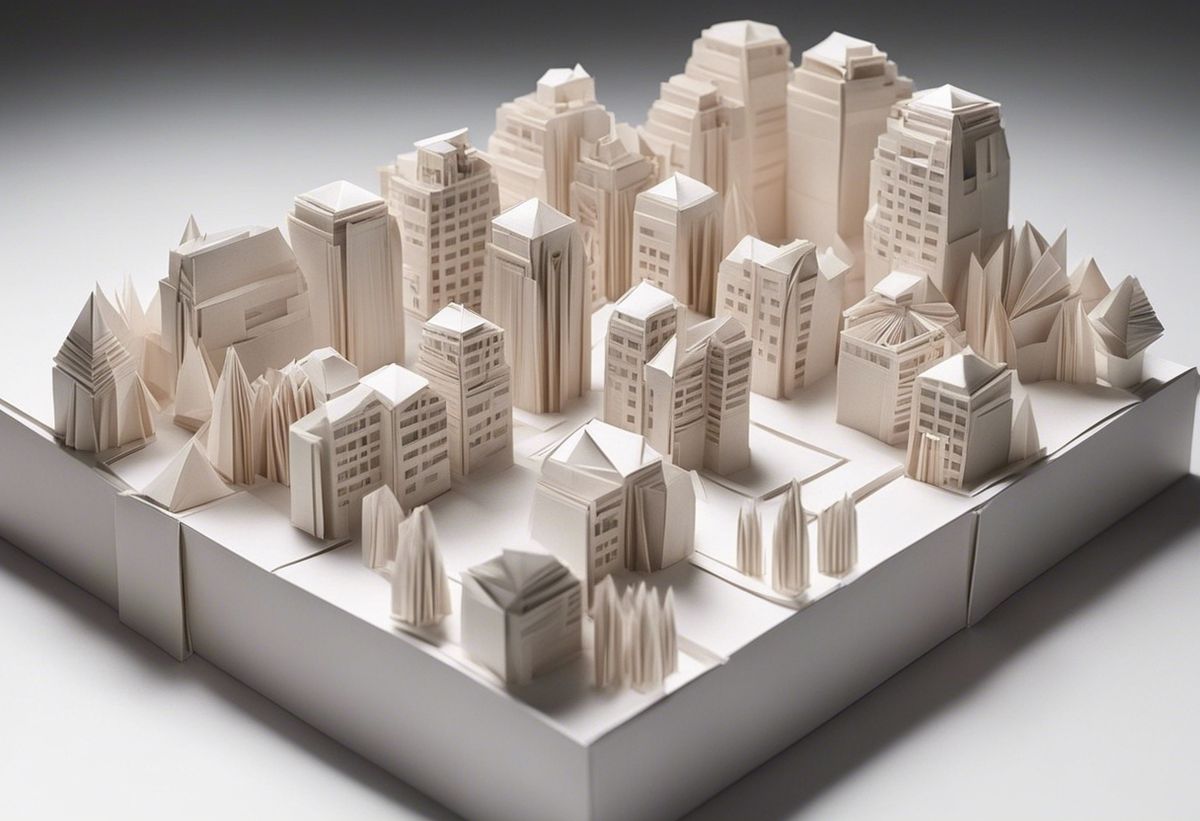All Models are Approximations

...truth...is much too complicated to allow anything but approximations...
― John von Neumann "The Mathematician" (1947)
How would you completely describe the room you are in right now? You might start to describe the objects in the room,perhaps a chair, a rug, and a glass table. But if you wanted to describe those fully, you would have to describe the shape of the table, the thickness of the glass, the mechanism by which the glass surface attaches to its wooden legs. Perhaps the foot of the table's legs was carved ornately ― could you describe the carving with enough detail to distinguish it from every other table? Did your description miss the scratch underneath the leg?
Our experience of reality contains tremendous detail. In any moment, most of what we see doesn't matter, but anything might matter. A small crack in a ceiling in a house might indicate a failing foundation. A slightly longer pause than expected before "I love you too" could mean the difference between "happily ever after" and emotional devastation.
Humans craft concepts to struggle against the infinity in every moment.
We make categories to groups similar things together, even though "similar" almost never means "exactly the same". We think of houses, and institutions, as static and immovable, even though we know houses can be washed away in a flood, and institutions can decay and crumble.
Concepts are clean and simple. They organize our minds,and make our thoughts easier to grasp. But they fundamentally obey the laws of our minds, not laws of reality. When we think, we translate from the world of reality,an interconnected world of infinite detail,into a simpler world, an abstract world, with complexity of a wholly different kind. Whenever we bring something from reality into our mind, we only ever bring a small piece.
Ideas (which themselves are but parts of our experience) become true just in so far as they help us to get into satisfactory relation with other parts of our experience...Any idea upon which we can ride, so to speak; any idea that will carry us prosperously from any one part of our experience to any other part, linking things satisfactorily, working securely, simplifying, saving labor; is true for just so much, true in so far forth, true instrumentally.
― William James, Pragmatism (1907)
Our models of reality aren't perfect, but they don't have to be;they only have to be good enough to be useful. Even now that we have option of detailed satellite imagery, most people prefer to use a simplified map when driving. The information that is lost in the simple map isn't useful ― in fact, having less information on the map is more useful, because it is easier to focus on the important information. If you want a map for the purpose of driving, the roads and the intended route are important, while the trees and empty fields by the side of the road are not. The more information we can omit from a model, the cleaner the model becomes and the easier it is for us to use it.
All models are approximations. Assumptions, whether implied or clearly stated, are never exactly true. All models are wrong, but some models are useful. So the question you need to ask is not "Is the model true?" (it never is) but "Is the model good enough for this particular application?"
― George Box
The same map might be more or less useful depending on your goal. The subway map of New York stretches the distances so that stops look approximately the same distance apart. That distortion can be helpful when riding the subway, so that apparent distance on the map tells you "how many stops away" your destination is, but if you used that map to guide a walking tour, the distortion might leave you disoriented.
When you learn to treat ideas as tools, and not as dogma or as loyalties, you can open yourself to more models which might be of use, or recognize models you hold which don't serve you.
Comments ()